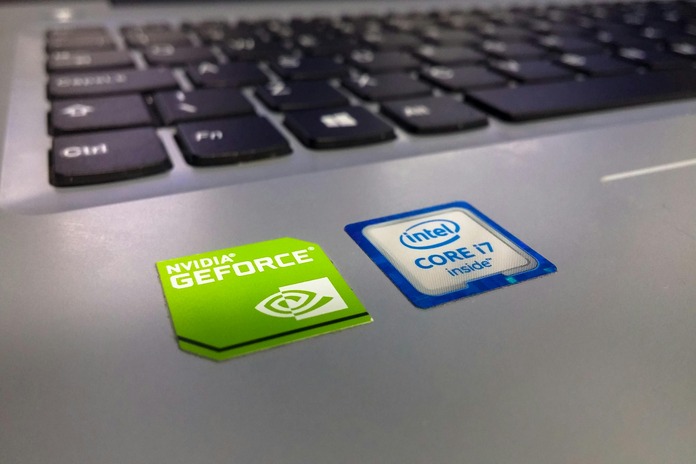Nvidia (NASDAQ:NVDA), a dominant player in the semiconductor industry, recently received a rare downgrade from an analyst, sparking discussions about its future prospects. This article delves into the reasons behind the downgrade and its implications for Nvidia and the broader tech market.
The Nvidia Downgrade Details
In a surprising move, HSBC analyst Frank Lee downgraded Nvidia from “buy” to “hold,” while maintaining a price target of $600 per share. The downgrade came despite Nvidia’s impressive performance in recent quarters, driven by strong demand for its AI and gaming chips. According to Lee, the stock’s valuation has become too rich, making it difficult to justify further gains in the near term.
High Expectations and Current Performance
Nvidia has been riding high on the success of its AI and gaming divisions. The company reported stellar earnings, with revenue hitting $13.5 billion in the latest quarter, up 88% year-over-year. This growth has been fueled by the increasing adoption of AI across various industries and the ongoing demand for high-performance gaming hardware.
Despite these positive results, the analyst’s downgrade reflects concerns that the stock may have run too far, too fast. Nvidia’s shares have more than tripled over the past year, leading some to believe that the stock is now priced for perfection, leaving little room for error.
Implications for Nvidia and the Tech Sector
The Nvidia downgrade raises important questions about the sustainability of its current valuation and the broader implications for the tech sector. As one of the most influential companies in the semiconductor space, Nvidia’s stock performance often serves as a bellwether for the industry.
If Nvidia’s valuation is indeed stretched, it could signal a broader re-evaluation of tech stocks, particularly those involved in AI and high-performance computing. Investors may start to question whether other tech giants with lofty valuations can continue to deliver the growth needed to justify their stock prices.
Market Reactions and Investor Sentiment
The market reaction to Nvidia’s downgrade was immediate, with shares falling slightly in pre-market trading. However, many analysts remain bullish on Nvidia’s long-term prospects, citing its leadership in AI and gaming as key drivers of future growth.
“While the short-term valuation concerns are valid, Nvidia’s position in the AI market is unmatched,” said Wedbush analyst Dan Ives. “The company’s technology is at the heart of some of the most transformative trends in tech, from autonomous driving to cloud computing.”
The Path Forward for Nvidia
Looking ahead, Nvidia will need to continue executing flawlessly to maintain investor confidence. This means not only delivering strong financial results but also continuing to innovate and expand its market reach. The company’s recent acquisition of ARM Holdings, pending regulatory approval, is seen as a strategic move to bolster its position in the semiconductor industry.
Moreover, Nvidia’s foray into new markets, such as data centers and edge computing, will be crucial for sustaining its growth trajectory. The company is also expected to benefit from the ongoing shift towards AI-driven applications across various sectors, including healthcare, finance, and manufacturing.
Conclusion
The rare downgrade of Nvidia by HSBC highlights the challenges faced by high-flying tech stocks in maintaining their lofty valuations. While Nvidia’s fundamentals remain strong, the downgrade serves as a reminder that even the most successful companies must continue to deliver exceptional results to justify their stock prices. As Nvidia navigates this period of heightened scrutiny, its ability to innovate and lead in key technology markets will be critical to its long-term success.
Featured Image: Pexels © Jordan Harrison









